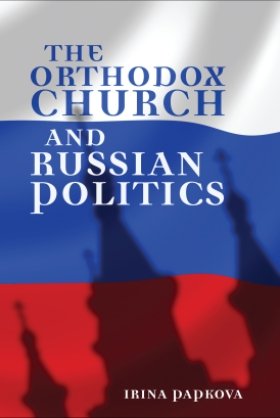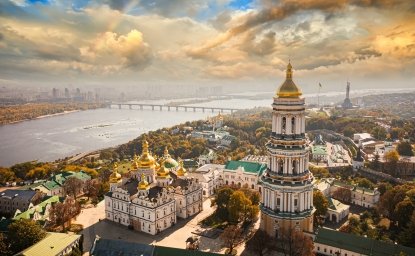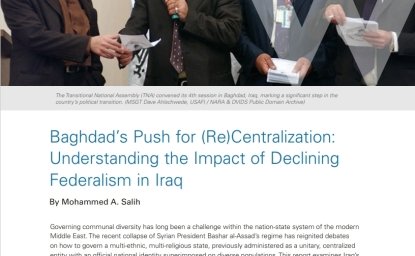The Orthodox Church and Russian Politics


Related Event
-
This in-depth case study examines the Russian Orthodox Church’s influence on federal level policy in the Russian Federation since the fall of communism. By far more comprehensive than competing works, The Orthodox Church and Russian Politics is based on interviews, close readings of documents—including official state and ecclesiastical publications—and survey work conducted by the author. The analysis balances the Church as an institutional political actor with the government’s response to Church demands. Papkova ultimately concludes that the reciprocal relationship between the Church and state is far weaker and less politically important than Western analysts usually believe.
Papkova traces the Church’s relative failure in mobilizing parishioners, influencing political parties, and lobbying the state, citing the 1997 law limiting religious freedoms as its only significant political win. She attributes much of this weakness to the informal division of the Church into liberal, traditionalist, and fundamentalist factions, which prevent it from presenting a unified front. The book provides a fresh insight into the role of the Church in post-Soviet Russia that can be appreciated by people interested in numerous fields. While written from a political science perspective, the book speaks across disciplines to sociology, anthropology, history, and religious studies.
Editor
 Irina PapkovaFormer George F. Kennan Fellow;
Irina PapkovaFormer George F. Kennan Fellow;
Research Fellow, Berkley Center for Religion, Peace and World Affairs, GeorgetownKennan Institute
After more than 50 years as a vital part of the Wilson Center legacy, the Kennan Institute has become an independent think tank. You can find the current website for the Kennan Institute at kennaninstitute.org. Please look for future announcements about partnership activities between the Wilson Center and the Kennan Institute at Wilson Center Press Room. The Kennan Institute is the premier US center for advanced research on Eurasia and the oldest and largest regional program at the Woodrow Wilson International Center for Scholars. The Kennan Institute is committed to improving American understanding of Russia, Ukraine, Central Asia, the South Caucasus, and the surrounding region through research and exchange. Read more
Browse Insights & AnalysisExplore More
Browse Insights & Analysis
Who Owns Tradition? Ukraine’s Church Controversy
Posted date/time:
The Two Layers of Alexei Navalny
Posted date/time:

